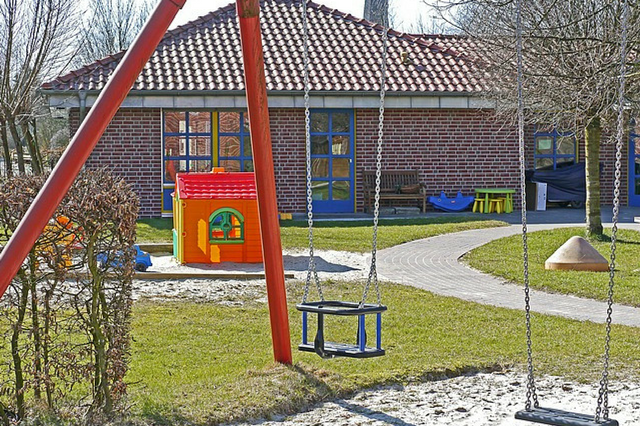Many parents fail to see the full scope of an English Language Arts class and as a result, they expect their children to achieve grades that are unrealistic at best. Long gone are the days of answering simple chapter by chapter reading comprehension questions. Long gone, is rote memorization. Moreover, a student’s proficiency in speaking is not the sole indicator of success; in other words, just because your son or daughter speaks English well, does not mean that receiving an A will come easy. English Language Arts is exactly as the name suggests; an art that takes time to develop. So, what should a student expect from an English Language Arts Class?
Reading for understanding
Reading for understanding requires students to read and then effectively discuss, usually in written or spoken format, the theme or main idea of the story and to highlight the choices the author made whilst writing.
Literary Devices
Just like any other subject, English Language Arts comes with a lexicon specific to the subject. In English Language Arts, students are expected to understand literary terms and to identify the usage in a text.
Writing is evaluated on content, organization, and style and language
The content speaks to the collection of research, overall substance of the piece and the level of insight offered. The organization speaks to the structure, a focused form and the ability to follow the prescribed format. Style and language speaks to the language craft, varied vocabulary and a register that is suitable to the intention.
Writing is technical
Different writing formats have different conventions and rules.
Evaluation of English Language Arts assignments is not subjective
Teachers are assessing technical rules and as such, the lens through which a teacher evaluates is objective.
Speaking is an evaluated competency
Students must demonstrate their confidence with an effective delivery of content and ideas whilst speaking.
The study of text is deep rooted in the study of history
Novels, short stories, poems, and prose cannot be removed from the historical happenings that sparked their imaginings. Students need to know the historical context.
At Little Mountain Learning Academy, our Academic Reading and Writing Programs have been designed for students who demonstrate proficiency in English communication and literacy skills. These students will pursue extra academic activities to ensure they are constantly challenged and engaged in learning.
A strong focus is placed on academic reading, academic writing and critical thinking skill development.
To learn more about our Academic Reading and Writing Foundation Program, please click here.
To learn more about our Academic Reading and Writing Enrichment Program, please click here.



 Little Mountain In-Class Visit
Little Mountain In-Class Visit